Environmental Health Division
Highlights
Environmental Health Division
This information is currently newsworthy, seasonally pertinent, or is showcased to promote awareness.
Get email updates when information is added or updated to this website by signing up below.
Licensing System
Minnesota Department of Health Licensing System is available for Certified Food Protection Manager (CFPM), Registered Environmental Health Specialists/Registered Sanitarians (REHS/RS), Lead and Asbestos.
Winter Weather
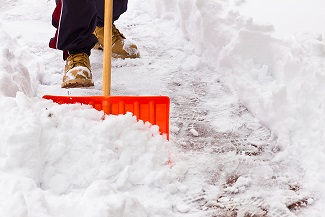
Minnesota is known for our cold and snowy winter weather but staying warm and safe can be a challenge. Learn how to prepare for winter storms and prevent cold-related health problems, such as hypothermia and frostbite.
Lead in drinking water remediation grant available
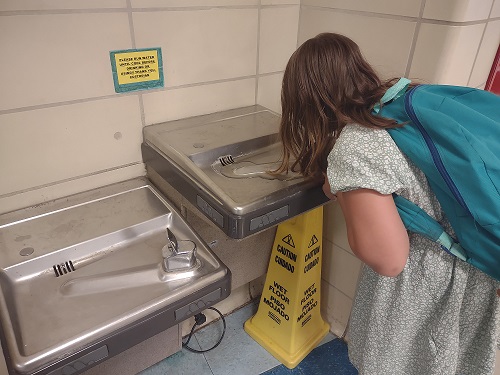
There’s a grant opportunity for schools and child care programs. If you work with schools and child care programs or know someone who does, please share this opportunity with them. This grant will fund projects that will result in the reduction of lead in drinking water in schools and child care settings. This program must prioritize funding to projects that demonstrate need for remediating sources of lead in drinking water. Applications are due Jan. 10, 2025. Learn more at Lead Remediation in Drinking Water in Schools and Child Care Settings Grant Program.
Submit any questions by email to DWP.LeadRemediationGrant.MDH@state.mn.us.
PFAS and products
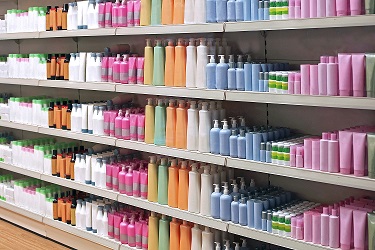
Per- and polyfluoroalkyls (PFAS) are a family of human-made chemicals that have been widely used since the 1950s in consumer products and are a public and environmental health concern. There is a risk of PFAS exposure and pollution whenever a product containing PFAS is made, used, or disposed of. To find out more about PFAS and products, how to reduce your exposure, and what Minnesota is doing to help, visit the PFAS and Products page.
Lead in venison

Small lead fragments often are present in hunter-harvested venison, particularly ground venison. Learn more at Lead information for deer hunters | DNR.
Information about Lead in Venison (PDF)
Go to > top.
Well test kits available for private well households with a baby or pregnant person
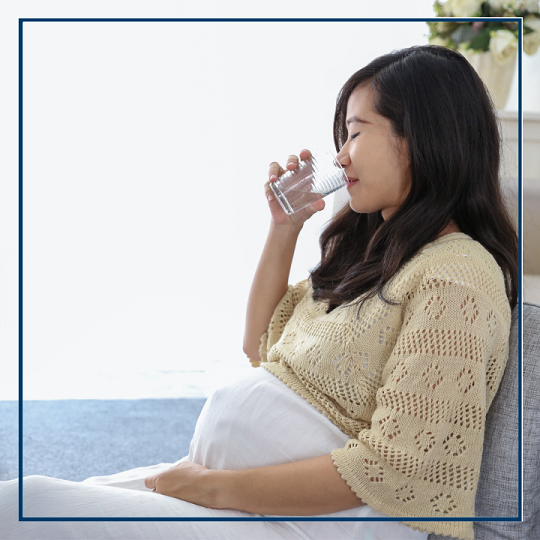
MDH is currently able to provide free well water testing kits and possibly bottled water to homes in eight southeast Minnesota counties who have nitrate concentrations high than 10 parts per million and a pregnant person or baby under 1 year of age in the home. Learn more information about eligibility requirements and sign up at Response to EPA Nitrate Letter for Southeast Minnesota.
Go to > top.
Protect your groundwater
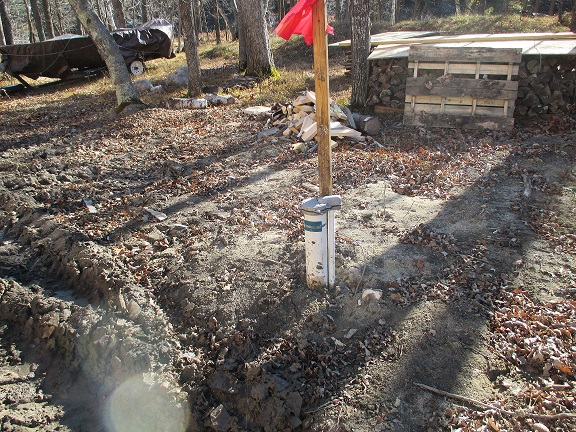
About 70% of Minnesotans drink groundwater. If you are a private water well owner, there are many ways to protect this valuable resource. Two of the most important things that you can do are to make sure your well is properly capped, and to properly seal any abandoned/unused wells on your property. For more information, visit Sealing of Wells and Borings.
Go to > top.
New District Office locations
The Rochester District Office and the St. Cloud District Office moved to new locations.
Go to > top.
Indoor radon in schools
Minnesota Tracking, in collaboration with the Indoor Air Unit, analyzed school radon tests to identify how many schools and school districts tested for radon. Radon testing and mitigation could improve the health of staff and students. For more information, visit Radon in Minnesota - MN Public Health Data Access portal.
Go to > top.
Model Plan to test for lead in early care and education settings
 Under Minnesota Statutes, 121A.335 Lead in School Drinking Water, and 145.9273 schools and child care centers are required to test for lead at all drinking water fixtures used for consumption. The Model Plan provides the requirements and guidance for testing for lead in drinking water to meet the requirements of the statute.
Under Minnesota Statutes, 121A.335 Lead in School Drinking Water, and 145.9273 schools and child care centers are required to test for lead at all drinking water fixtures used for consumption. The Model Plan provides the requirements and guidance for testing for lead in drinking water to meet the requirements of the statute.
Go to > top.
EH Topics

The Environmental Health Division (EH) works on multiple topics to support the health of all Minnesotans. You can search these topics on the Topic Index webpage.
Go to > top.
Minnesota Office of Accessibility
State of Minnesota’s free e-Learning program on how to create accessible documents.
Go to > top.